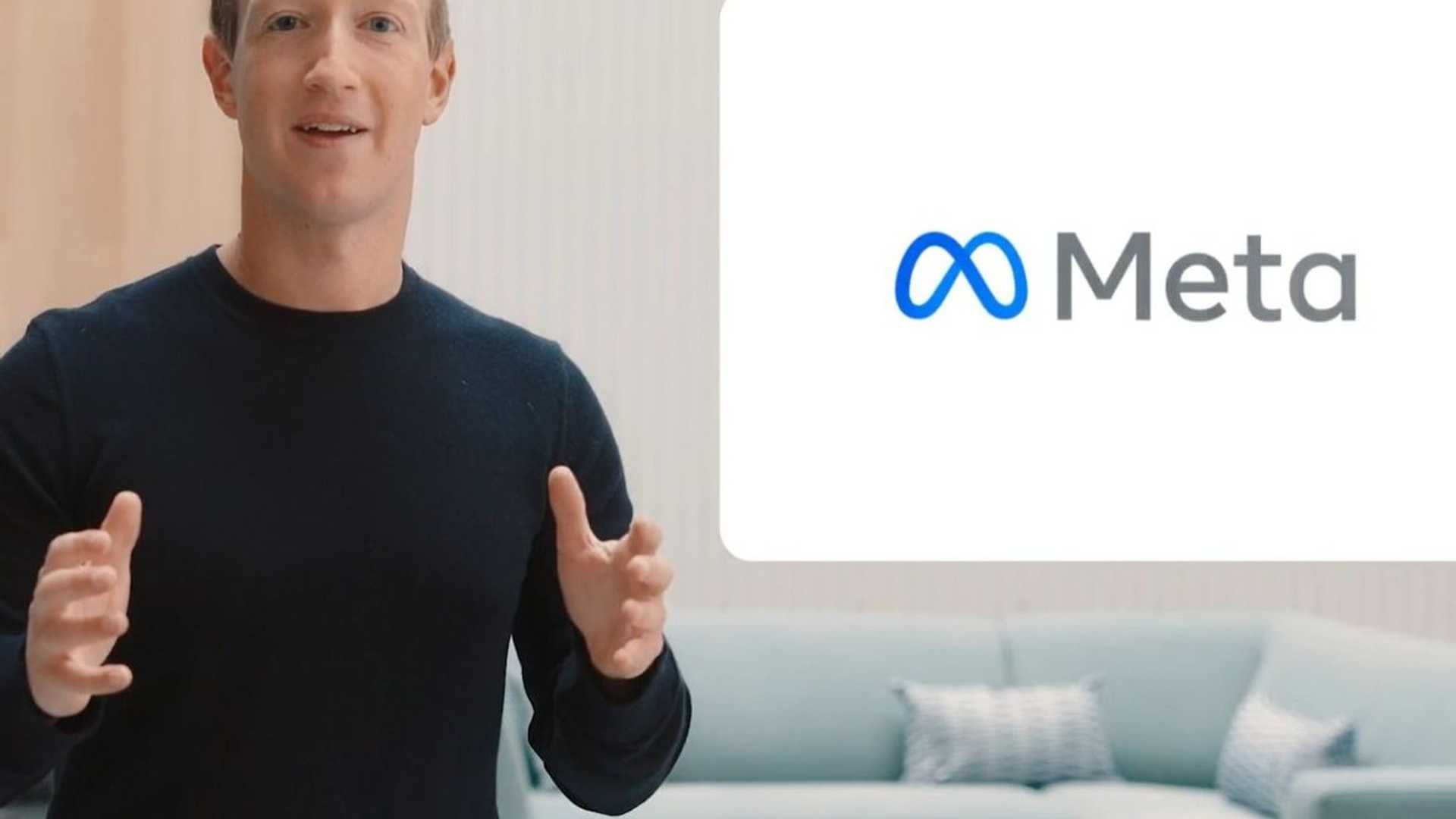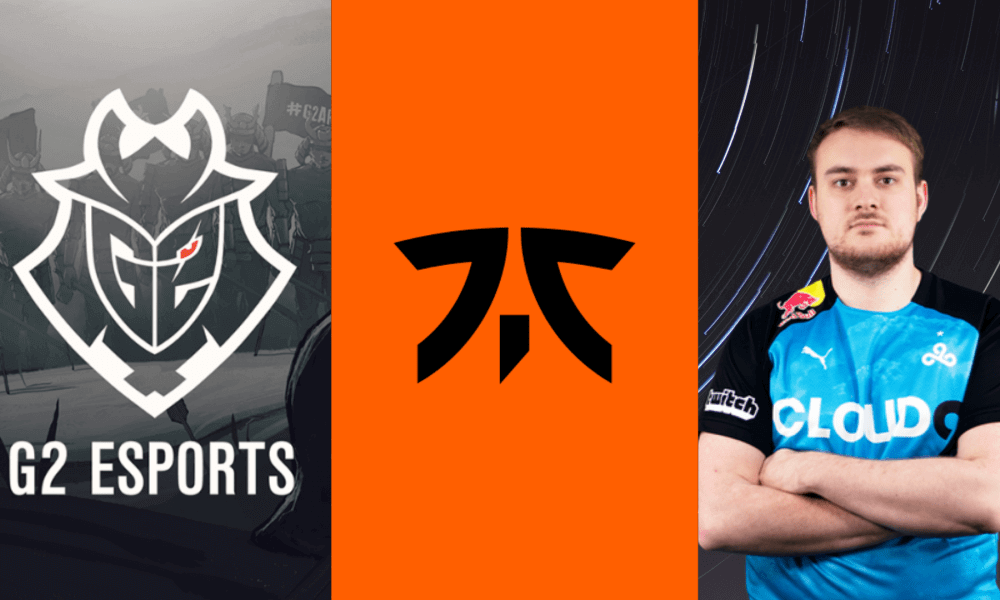FTC Vs. Meta: Monopoly Trial Enters Defensive Phase

Table of Contents
Meta's Antitrust Defense Strategies
Meta is employing a multi-pronged defense strategy to counter the FTC's claims of monopolization. This involves challenging the FTC's definition of the market, arguing against market dominance, and emphasizing its contributions to innovation and consumer benefit.
Arguing Against Market Domination
Meta argues it doesn't dominate the social networking market. Their defense hinges on highlighting the robust competition from various platforms.
- Competition from TikTok and Snapchat: Meta emphasizes the rapid growth and significant market share of competitors like TikTok and Snapchat, arguing these platforms offer viable alternatives and significantly limit Meta's dominance.
- Evolving Social Media Landscape: Meta's defense points to the dynamic nature of the social media landscape, arguing that new platforms constantly emerge, challenging established players and preventing any single company from achieving unassailable dominance.
- Expert Witness Testimony: Meta is likely to rely heavily on expert witness testimony from economists and industry analysts to support its claims of robust competition and its relatively limited market power. These experts will likely challenge the FTC’s economic models used to define the market and assess Meta's market share.
Challenging the FTC's Definition of the Relevant Market
A core element of Meta's defense is to broaden the definition of the "relevant market."
- Redefining the Market: Meta might argue the relevant market isn't just "social networking" but encompasses a wider range of interconnected services, including messaging apps (like WhatsApp and Messenger), online gaming, and other digital platforms. By expanding the market definition, Meta aims to reduce its apparent market share.
- Legal Precedents and Economic Models: Meta’s legal team will likely present legal precedents and economic models to support their argument for a broader market definition. This strategy aims to demonstrate that even within a broader market, Meta's market share is not anti-competitively dominant.
Emphasis on Innovation and Consumer Benefits
Meta will undoubtedly highlight its continuous investment in innovation and the benefits provided to consumers.
- Investments in AR/VR: Meta will likely point to its substantial investments in augmented and virtual reality (AR/VR) technologies as evidence of its commitment to innovation and future growth beyond its core social networking services.
- Consumer Benefits: Meta will highlight the benefits its services provide to billions of users globally, emphasizing connectivity, communication, access to information, and opportunities for businesses and individuals. This will aim to portray Meta as a beneficial force, rather than a monopolistic entity.
The FTC's Offensive Tactics
The FTC's case rests on demonstrating Meta's anti-competitive behavior, the harm it has caused consumers, and the need for structural relief.
Presenting Evidence of Anti-Competitive Behavior
The FTC will focus on demonstrating how Meta's acquisitions stifled competition.
- Instagram and WhatsApp Acquisitions: The FTC will likely present detailed evidence regarding Meta's acquisitions of Instagram and WhatsApp, arguing these acquisitions were strategically designed to eliminate potential competitors and consolidate Meta's market power. This might involve internal Meta communications and documents revealing the company's intentions.
- Impact on Competition: The FTC will argue these acquisitions significantly reduced competition in the social media market, limiting innovation and harming consumers. They will likely present evidence comparing the competitive landscape before and after these acquisitions.
Highlighting the Harm to Consumers
The FTC must demonstrate concrete harm to consumers resulting from Meta's alleged monopolistic practices.
- Advertising Prices and Data Privacy: The FTC might argue Meta's dominance has led to higher advertising prices for businesses and raised concerns regarding data privacy and user control.
- Economic Studies and Consumer Surveys: To support their case, the FTC will likely present economic studies analyzing the impact of Meta’s market power on advertising costs and consumer choice, along with consumer surveys highlighting negative experiences related to data privacy and limited options.
Seeking Structural Relief
The FTC is likely seeking structural relief to restore competition.
- Forced Divestiture: This might involve compelling Meta to divest itself of Instagram and/or WhatsApp, forcing the sale of these subsidiaries to independent entities to restore competition in the market.
- Challenges to Implementation: The FTC must outline a clear plan for enforcing divestiture and navigating the significant legal and logistical challenges involved in such a complex undertaking.
Potential Outcomes and Implications
The FTC vs. Meta Monopoly Trial has several potential outcomes, each with significant implications.
- FTC Victory (Divestiture): An FTC victory leading to divestiture would significantly reshape the social media landscape, potentially creating more competition and fostering innovation.
- Meta Victory (Continued Dominance): A Meta victory would solidify its position as a dominant player, potentially influencing future antitrust enforcement against tech giants.
- Settlement: A settlement between the FTC and Meta could involve concessions from Meta, such as behavioral remedies or changes to its business practices, without requiring divestiture.
- Impact on Antitrust Enforcement: The outcome of this trial will set precedents that significantly impact future antitrust enforcement in the tech sector.
- Impact on Innovation and Competition: The trial's outcome will shape the level of competition and the pace of innovation within the social media industry, potentially influencing the development of new platforms and services.
Conclusion:
The FTC vs. Meta Monopoly Trial is a pivotal legal battle with significant consequences for the future of the tech industry. The strategies employed by both sides, and the ultimate outcome, will profoundly shape the competitive landscape and influence regulatory approaches towards tech giants. Staying informed about developments in the FTC vs. Meta Monopoly Trial is crucial to understanding the evolving dynamics of competition and regulation in the digital age. Continue to follow this important case to witness how this legal battle unfolds and its impact on the future of tech monopolies.

Featured Posts
-
 Extreme Price Hike Broadcoms V Mware Proposal Faces At And T Backlash
May 21, 2025
Extreme Price Hike Broadcoms V Mware Proposal Faces At And T Backlash
May 21, 2025 -
 Animal Welfare Investigation 49 Dogs Removed From Washington County Facility
May 21, 2025
Animal Welfare Investigation 49 Dogs Removed From Washington County Facility
May 21, 2025 -
 Stephane La Conquete Parisienne D Une Chanteuse Suisse
May 21, 2025
Stephane La Conquete Parisienne D Une Chanteuse Suisse
May 21, 2025 -
 Kolme Muutosta Huuhkajien Avauskokoonpanossa Benjamin Kaellman Vaihdossa
May 21, 2025
Kolme Muutosta Huuhkajien Avauskokoonpanossa Benjamin Kaellman Vaihdossa
May 21, 2025 -
 Klopp Un Gelecegi En Guencel Transfer Soeylentileri
May 21, 2025
Klopp Un Gelecegi En Guencel Transfer Soeylentileri
May 21, 2025
Latest Posts
-
 Tyler Bate Back On Wwe Tv Analyzing His Potential Impact
May 21, 2025
Tyler Bate Back On Wwe Tv Analyzing His Potential Impact
May 21, 2025 -
 Tottenham Loanees Stellar Performance Propels Leeds To Championship Lead
May 21, 2025
Tottenham Loanees Stellar Performance Propels Leeds To Championship Lead
May 21, 2025 -
 Aston Villas Fa Cup Triumph Rashfords Two Goals Seal Victory Over Preston
May 21, 2025
Aston Villas Fa Cup Triumph Rashfords Two Goals Seal Victory Over Preston
May 21, 2025 -
 Tyler Bates Wwe Return Date Matches And What To Expect
May 21, 2025
Tyler Bates Wwe Return Date Matches And What To Expect
May 21, 2025 -
 Leeds Uniteds Championship Top Spot Secured By Tottenham Loanee
May 21, 2025
Leeds Uniteds Championship Top Spot Secured By Tottenham Loanee
May 21, 2025
